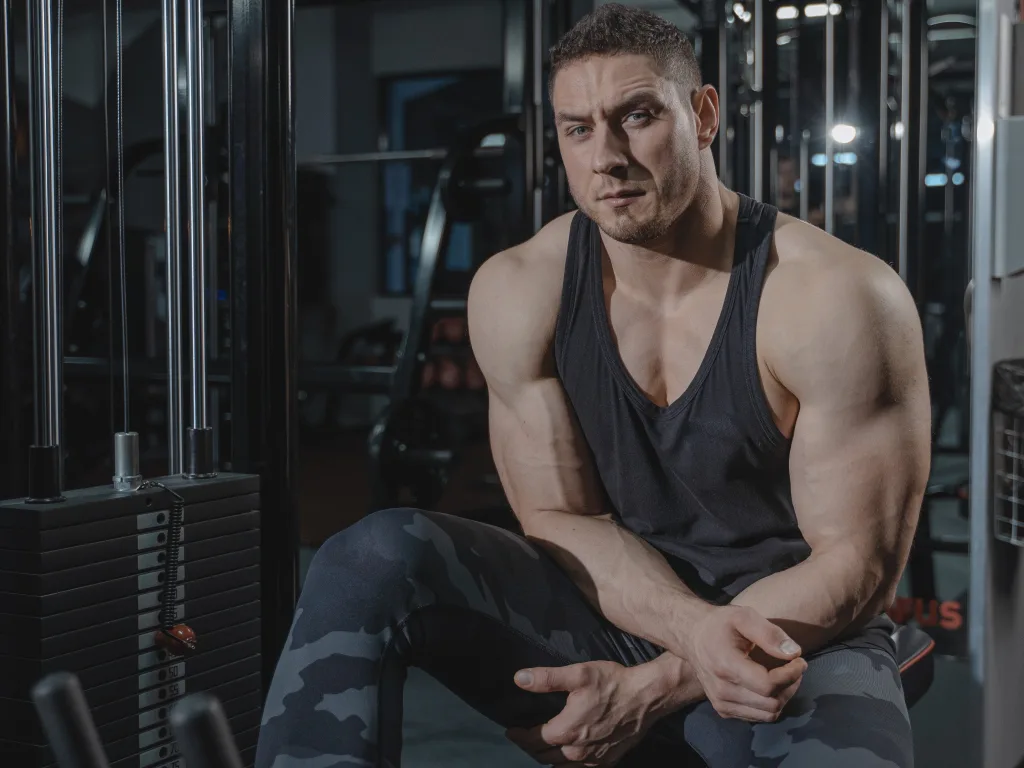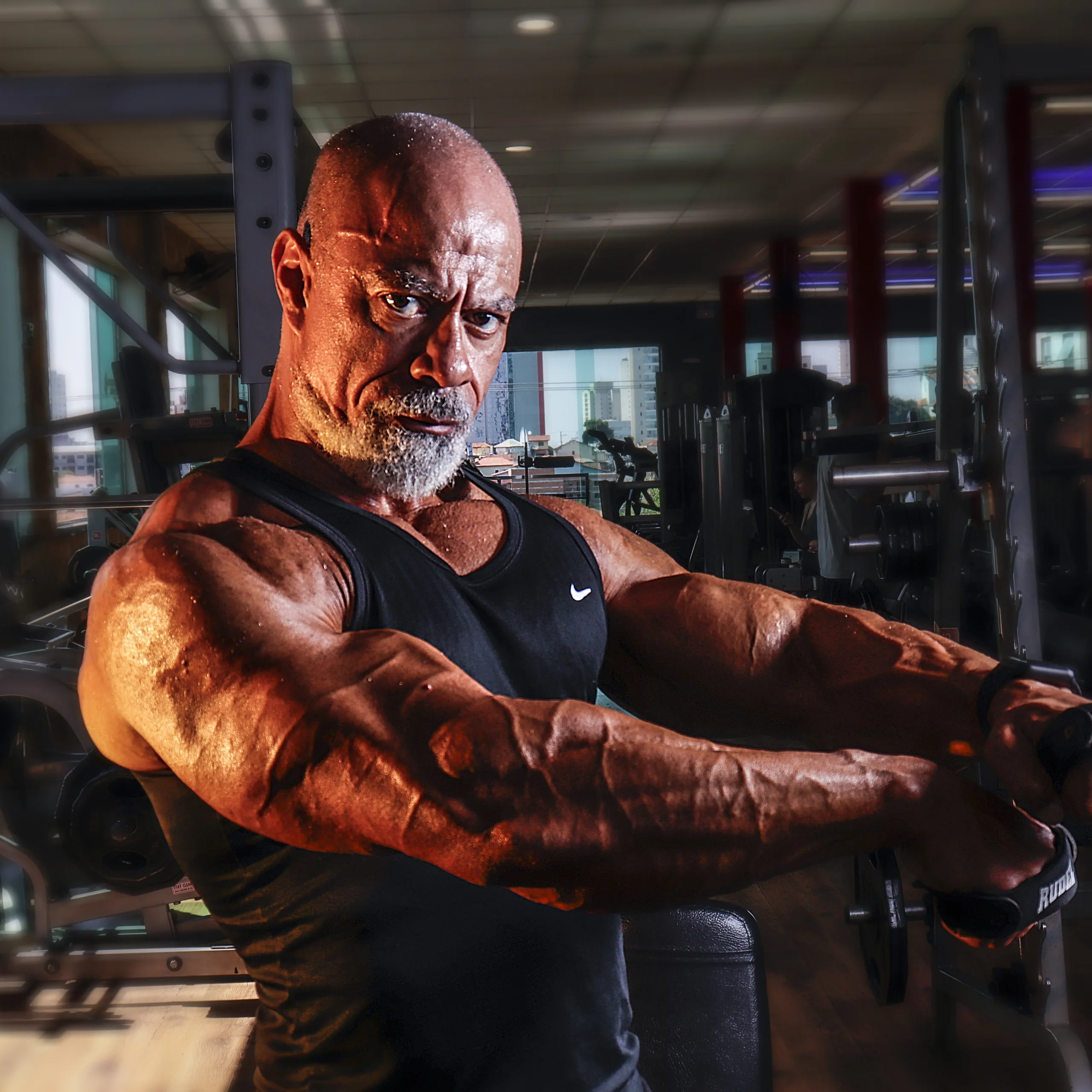Cardiac Muscle
DEFINITION
Cardiac muscle is a type of involuntary striated muscle found only in the heart. It contracts rhythmically to pump blood throughout the body.

EXPLANATION
- Cardiac muscle cells are connected by intercalated disks that transmit electrical impulses between cells to synchronize contractions.
- Unlike skeletal muscle, cardiac muscle contracts and relaxes spontaneously without nerve stimulation.
- Cardiac muscle relies on aerobic metabolism for energy and has a rich blood supply. It does not fatigue easily.
- Cells are branched and form a network that contracts as a unit to squeeze blood out of chambers.
EXAMPLES
- The left ventricular cardiac muscle contracts to pump oxygenated blood to the body.
- The right atrial cardiac muscle relaxes to allow blood to flow in from the body.
RELATED TERMS
- Myocardium – entire muscular tissue of the heart.
- Sinoatrial node – the pacemaker that generates electrical impulses.
COMMON QUESTIONS
- Why is cardiac muscle involuntary? Coordinated pumping does not require conscious control.
- What causes cardiac muscle fatigue? Ischemia from blockages can prevent blood flow to myocardium.

DO NOT CONFUSE WITH
- Skeletal muscle – voluntary striated muscle attached to bones by tendons.
- Smooth muscle – involuntary non-striated muscle in walls of internal organs.
67
/ 100
SEO Score
Thank you for reading this post, don't forget to subscribe to our free newsletter
!
